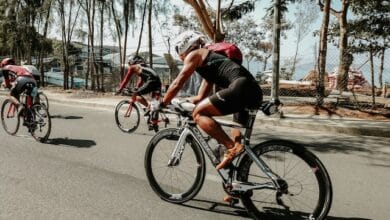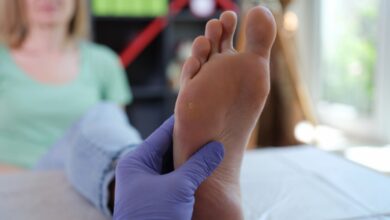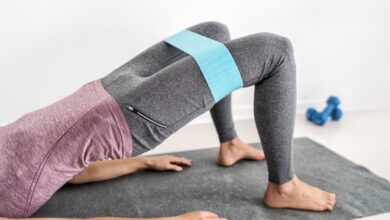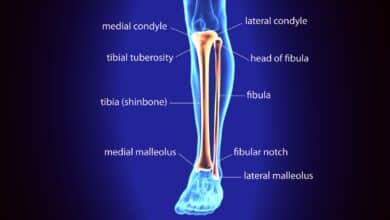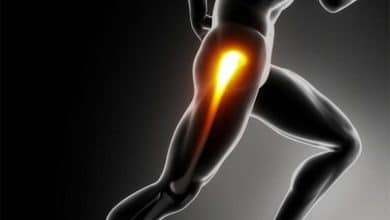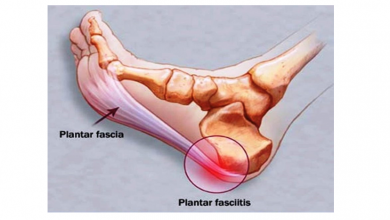Training to avoid iliotibial band syndrome
The iliotibial band is an impediment to continue carrying out sports activity normally.
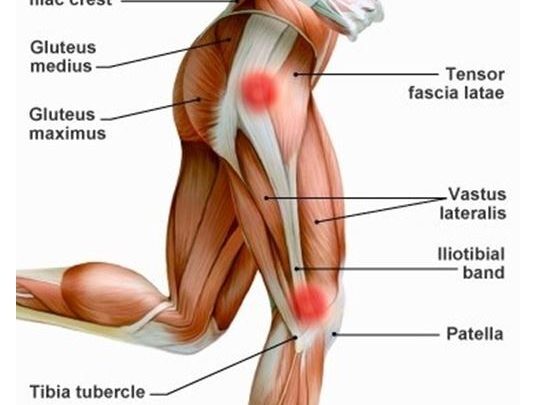
The inflammation and pain of the external part of the knee, also known as the knee syndrome of the runner or the iliotibial band, is an impediment to continue carrying out sports activity normally.
Our collaborators of Reebok Performance They tell us in this article the causes of this injury as well as what we can do to avoid it and treat it.
Causes of the injury
There are several causes that cause
- Genus varum (runners with curved legs in the form of parentheses, this produces excessive work of the iliotibial band)
- Inadequate foot support that causes knee misalignments
- Excessive knee flexion in the support (sitting running)
- Excessive increase in training load or terrain inclination
In many cases it is a recurrent injury but we can minimize or even avoid with a series of tips that we should include in our training:
- Adequate muscle balance abductors and adductors. This is the most important aspect. The logical thing is that these two muscle groups have very similar levels of strength. If we perform this evaluation in a sitting machine, we should have a very similar level of strength in both groups, that is, we should move the same load in the opening machine as in the closing machine. If the difference is greater than one 20-25% we have a very high potential risk
When we are repeat offenders it is very likely that we have weakness in the adductors (muscles that close legs). If these are easily fatigued, the knee in the support tends to open (external rotation) and increases the workload on the iliotibial band.
- Improvements in the career technique. The main objective is to avoid excessive knee flexion in the support. Running uphill or downhill involves more knee flexion in support, trying to avoid slopes at the start of the season or if discomfort begins. It will be important to improve the career technique in three aspects:
- Running "high" to try to minimize knee flexion in support
- Increase the cadence to minimize "overstraiding" (step farther from our center of gravity) and decrease the impact that each stride supports
- Avoid heel support, since this action increases knee flexion and increases the load on them.
-
If you follow these tips during this season in your training you will greatly reduce the likelihood that this problem will recur
More information on High Performance:
Facebook: https://www.facebook.com/reebokrendimiento
Twitter: https://twitter.com/rbkrendimiento
There are no previous results.







